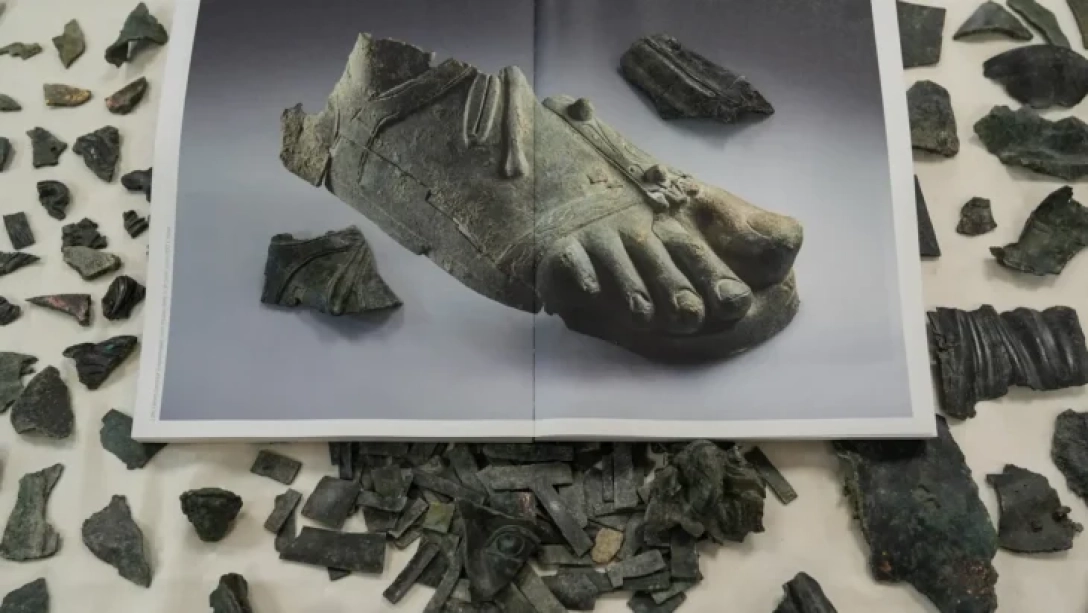Treasure from the landfill: archaeologists unearthed over 2,000 fragments of ancient statues (photos).
During excavations of the ancient Metropolis in Izmir, Turkey, archaeologists uncovered over 2,000 fragments of bronze statues believed to have been discarded at an "ancient dump." This discovery sheds light on recycling practices and cultural transformations during late antiquity, writes Arkeonews.
The research is part of the "Heritage for the Future" project, which is being implemented by the Turkish Ministry of Culture and Tourism in collaboration with the Sabancı Foundation. The project is led by Professor Serdar Aybek, an archaeologist from Dokuz Eylül University. Excavations at Metropolis, also known as the "City of the Mother Goddess," have been ongoing since 1990. This historical site has yielded evidence of various civilizations, from the late Neolithic period to the Byzantine and Ottoman eras.

Experts have unearthed fragments of bronze statues, many of which date back to the Hellenistic and Roman periods. These remnants were found at a site believed to have functioned as a scrapyard, where statues were dismantled for recycling. Professor Aybek highlighted the vast number of fragments, stating, "We have discovered approximately 2,000 fragments of bronze statues, including heads, eyes, fingers, and sandals."
These findings indicate that ancient recycling practices were influenced by the transition from mythological beliefs to monotheistic religions. As Christianity gained popularity in late antiquity, statues representing mythological figures were systematically dismantled and repurposed.
Professor Aybek remarked, "These parts were likely melted down for coin minting, demonstrating the ingenuity of the inhabitants at that time."
Additionally, square and rectangular bronze plates were uncovered at the excavation site, which were likely used for the repair of statues or casting.
Scholars believe that Metropolis may have been a center for the creation and repair of bronze statues at the height of its prosperity. These discoveries not only highlight the cultural significance of the ancient city but also provide a rare glimpse into recycling practices over a millennium ago.
We also reported on the "rhino" beneath the roadway. Archaeologists discovered a 1,500-year-old stone coffin from the Roman period, weighing 750 kilograms.